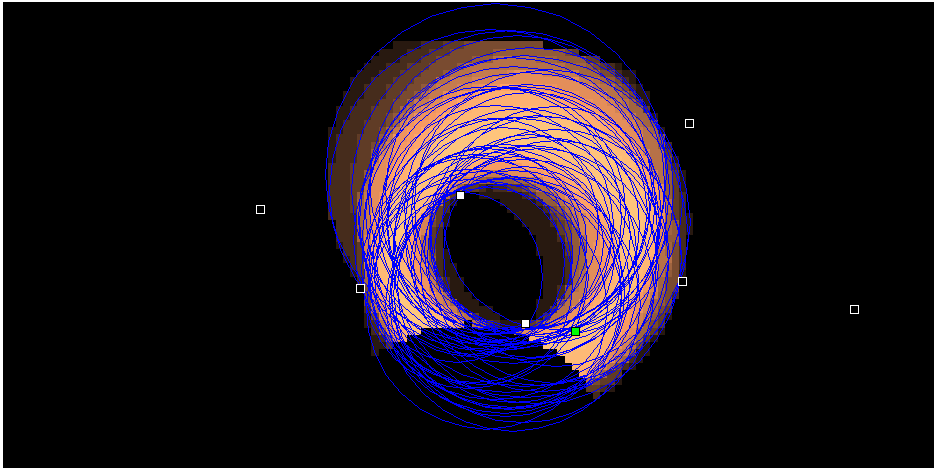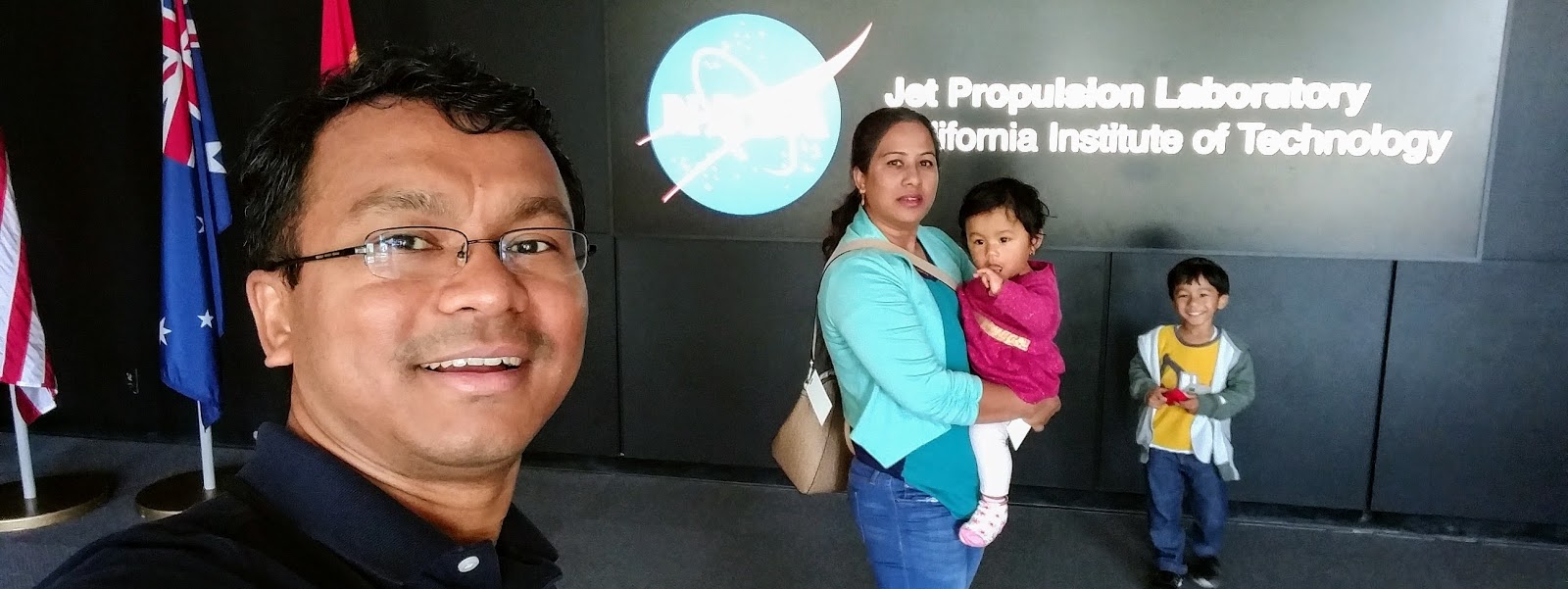Are you ready?
Yes, I am talking about saving efforts and energy+time for integration of Nepali Bloggers under one umbrella (Hey we are done with discussion of reviving BLOGAN, right?). In addition, I would like to suggest that there should be some kind of mechanism which penalizes copy and paste things. There are people who love to do copy and paste to produce "blog".
The importance of being organized comes here. One way of realizing it is to have an universal feed from Nepali Bloggers.
Is bloggers.com.np ready for it?
There is no doubt that it has a great collection of blog by Nepali people around the globe. As I indicated previously, many has gone for hibernation. It would be frustrating to find many links wasted to not find active Nepali Bloggers.
Based upon personal connections, we have nice hamro-circle[link] list of active nepali bloggers. Currently, we have a widget, and Email subscription to updated blogs through it.
Instead of having to go for different server, my question would be whether current blogger.com.np team would be interested in having such aggregation of rss and an universal feed (not hosted in personal server/not any other dot com / dot org or dot net server). I am talking about the Authenticity, Brand and Unification.
Note that experiment with hamro-circle proves that such aggregation is possible.
You can see an example here:
http://knuthlab.rit.albany.
(this is a temporary place for experiment)
What we need next is a server with python support. The software can be scheduled with cron job; this will enable gathering of all the feed as desired. We can also go ahead and work on having some nice gadget from the rss generated thereby ( I had created one... see here).
The beauty lies in the fact that it will be an open source project (more eyes on it), the in-active bloggers (enlisted) are pushed into the bottom. There would be no such thing as new and old blogger "discrimination", all get equal chance to get their post visible. Plus ability to deliver updated blog summary by Email (this help increases the visit to active blog). This may also be the motivational factor for many quality posts. Moreover, since this would be supplemented by the unified forum (Google group), we can bring justice to copy pasted items.
The idea is simple and easy. What we need is connection and commitment.
This is all possible with bloggers.com.np.
bloggers.com.np: Are you ready?
PS: based upon communications with Aakar, Nepalean G, Dilip G et. al. Views presented here may not be representative view of all quoted above. I will take any responsibility of any such discrepancy in interpretation.










